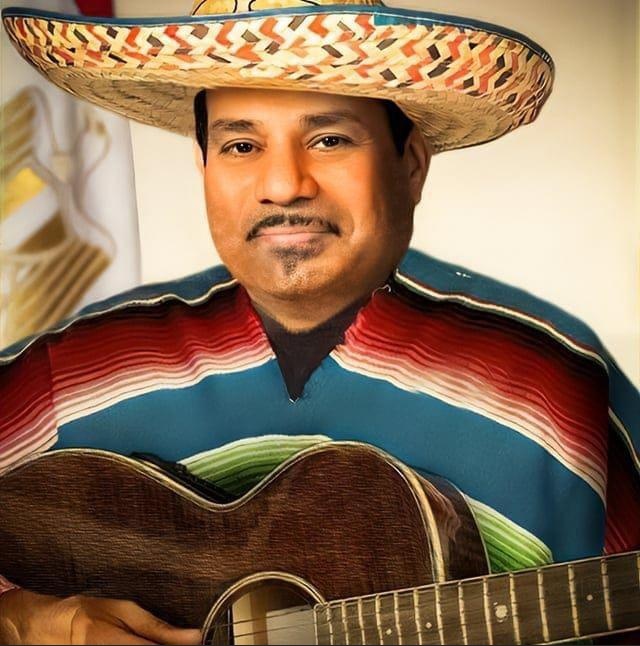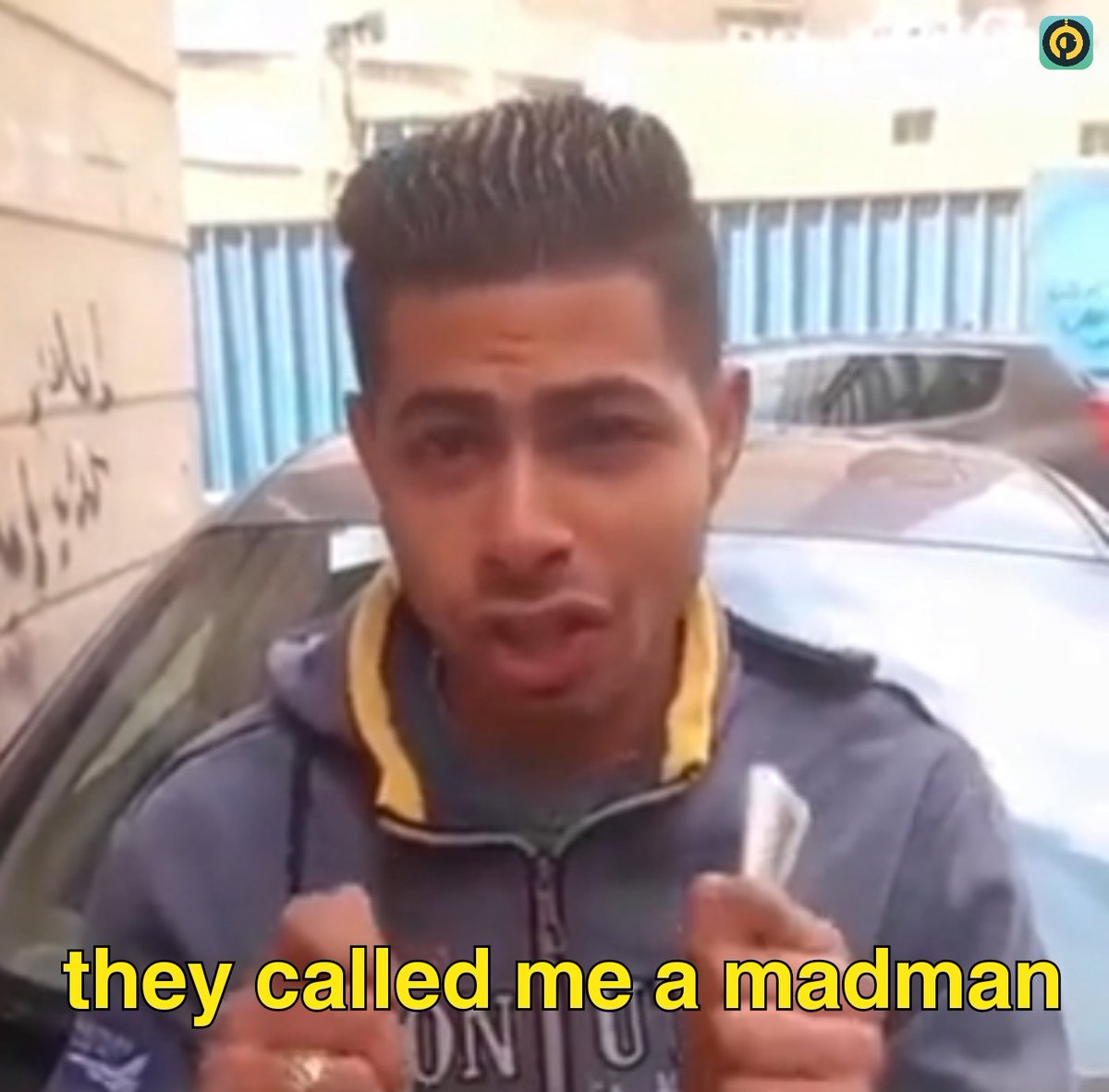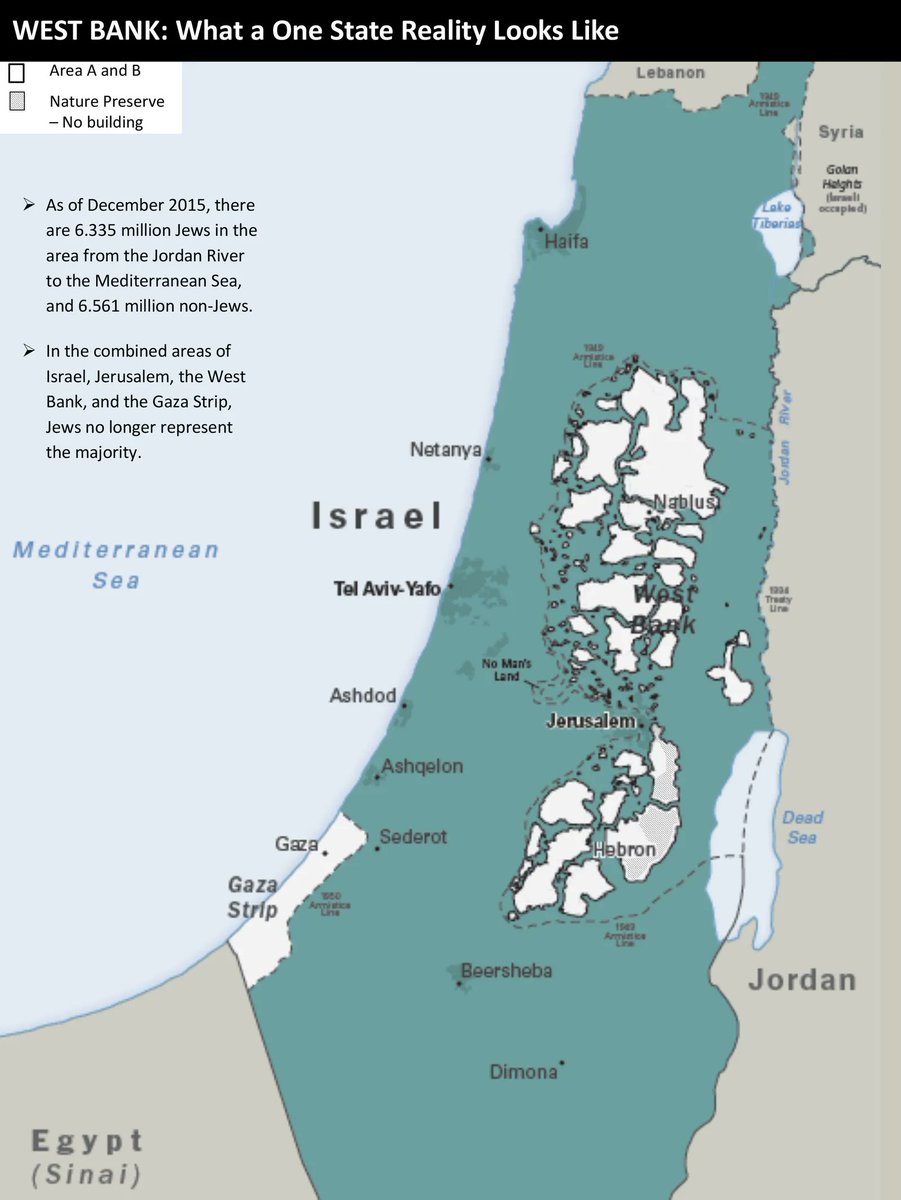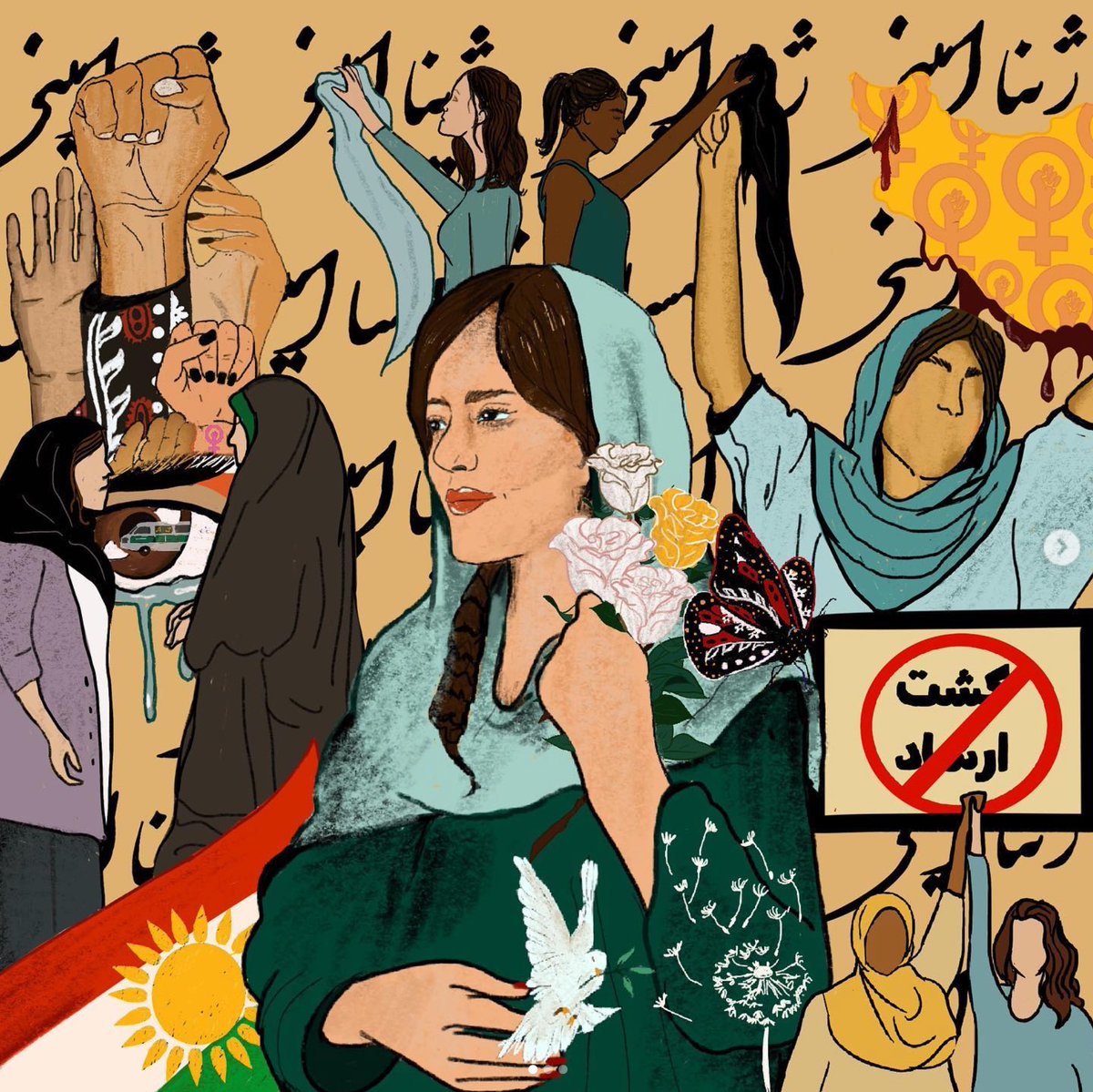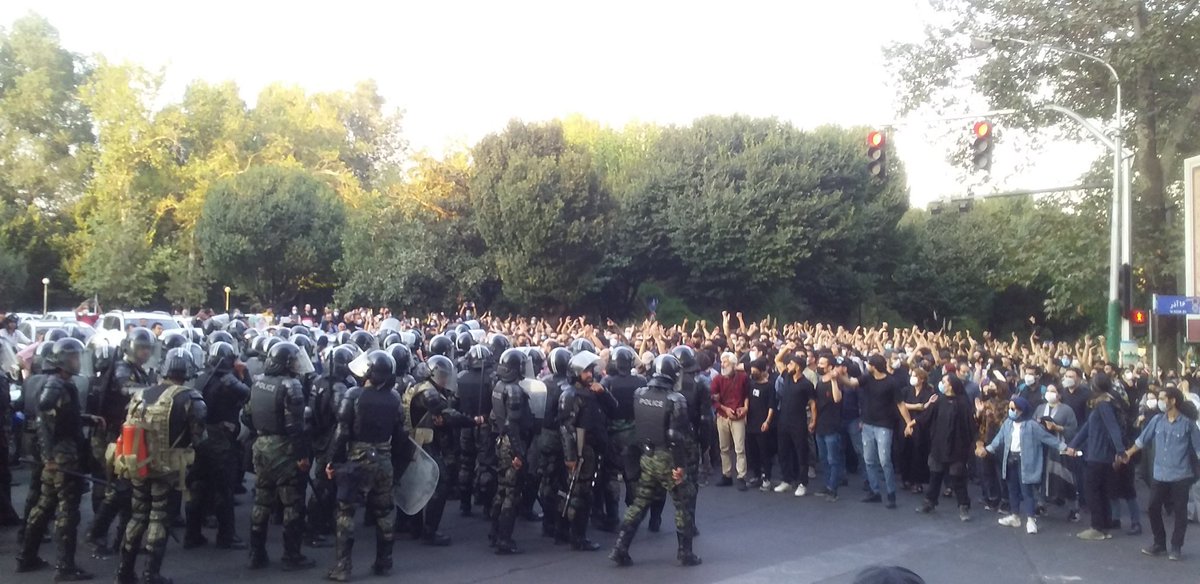"Turkey’s Christian community is vanishing, and with it the diverse fabric of our country.
Turkey will be immeasurably poorer if that heritage is lost."
washingtonpost.com/opinions/2020/…
Turkey will be immeasurably poorer if that heritage is lost."
washingtonpost.com/opinions/2020/…
A lot of analysis celebrating the conversion of Hagia Sophia back into a mosque focuses on Turkey's historical struggle with colonialism and Ataturk's brand of secularism - and feels a bit like projection from elsewhere.
It must be contextualized in context of Turkey's relations with Christian communities- from the Ottoman period, the Genocide, and the discrimination since (like the 1955 riots) - and the current mobilization of Islamic Turkish nationalism in the repression of Kurdish communities
If you don't know what happened in the September 1955 Istanbul riots, then maybe you shouldn't have an opinion about the Hagia Sophia.
Turkey's history is not just Ottomans and Ataturk- it's a long process of forced Turkification through violence, including Christians and Kurds.
Turkey's history is not just Ottomans and Ataturk- it's a long process of forced Turkification through violence, including Christians and Kurds.
This conversion is part of Erdogan’s cynical and manipulative attempts to derive symbolic capital from positioning himself as “defender of the Ummah”
From who? God knows. Definitely not the millions of Kurdish Muslims living in a war zone due to his policies.
From who? God knows. Definitely not the millions of Kurdish Muslims living in a war zone due to his policies.
Fanning flames of supremacist rhetoric at same moment that, for example, Pakistan has blocked construction of 1st Hindu temple in Islamabad since partition, is in particularly bad taste and will have negative repercussions for Muslims living elsewhere.
Don’t play into it.
Don’t play into it.
• • •
Missing some Tweet in this thread? You can try to
force a refresh





